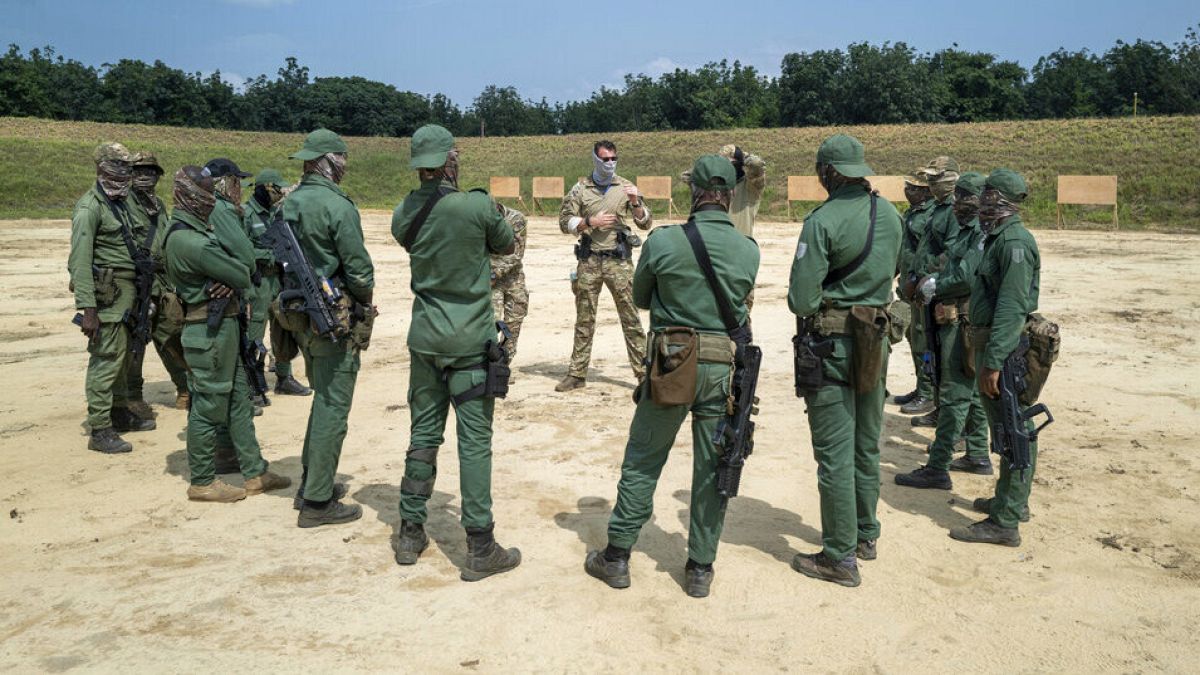Ivorian President Alassane Ouattara recently announced that French troops would be withdrawing from Côte d’Ivoire, signaling a shift in military ties between the nation and its former colonial power, France. This decision reflects the modernization of Côte d’Ivoire’s army, with the French infantry battalion of Port Bouét set to be handed over to Ivorian forces. French troops have had a presence in Côte d’Ivoire for decades, but the country is now following the trend of other West African nations in reducing military cooperation with France.
The decision to reduce military ties with France is part of a wider trend seen across West Africa, where nations like Mali, Burkina Faso, Niger, Senegal, and Chad are also asking French forces to leave. This shift in military relations is seen as part of a larger structural transformation in the region’s engagement with Paris. France has been working to revive its political and military influence on the continent by developing a new strategy that involves reducing its permanent troop presence in Africa.
France’s military influence in Africa has been on the decline, with the country being expelled from more than 70% of African nations where it had a troop presence since the end of colonial rule in the 1960s. Currently, French troops are only stationed in Djibouti and Gabon, with efforts to maintain strong ties with Chad. In response to the expulsion of French troops, military leaders in Niger, Mali, and Burkina Faso have been moving closer to Russia, which has deployed mercenaries across the Sahel region.
However, the shift in military ties with France has resulted in a deteriorating security situation in countries like Niger, Mali, and Burkina Faso, with an increase in extremist attacks and civilian deaths attributed to both armed groups and government forces. These developments highlight the complexities of balancing military cooperation with foreign powers while also ensuring the security and stability of the region. It remains to be seen how the withdrawal of French troops will impact the security landscape in West Africa and what new partnerships may emerge as a result.
Overall, the decision by Ivorian President Alassane Ouattara to withdraw French troops from Côte d’Ivoire reflects a broader trend in West Africa of reducing military ties with former colonial powers. The shift in military relations is part of a larger structural transformation in the region’s engagement with France, as the country seeks to revive its political and military influence on the continent through a new strategy that involves reducing its permanent troop presence in Africa. The expulsion of French troops from various African nations has led to military leaders in countries like Niger, Mali, and Burkina Faso moving closer to Russia, resulting in a deteriorating security situation with increased extremist attacks and civilian deaths. The withdrawal of French troops raises questions about the future security landscape in West Africa and the potential for new partnerships to emerge in the region.









